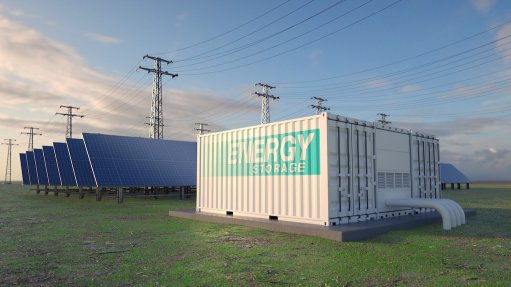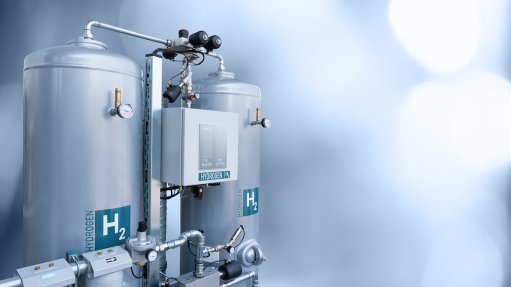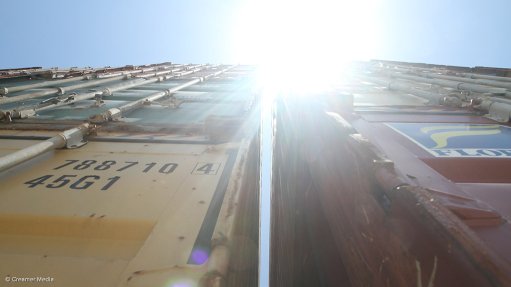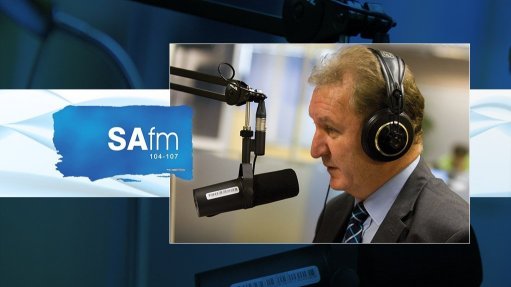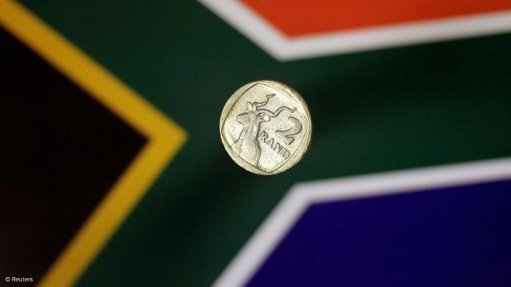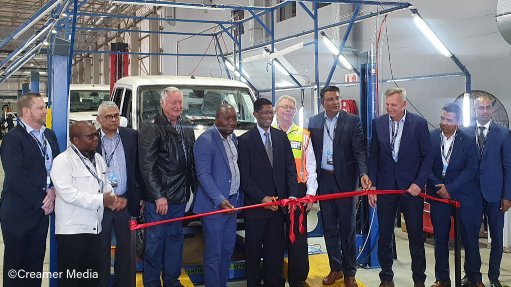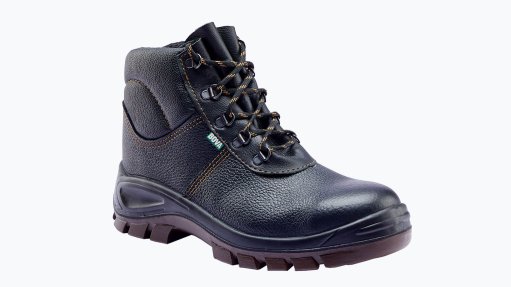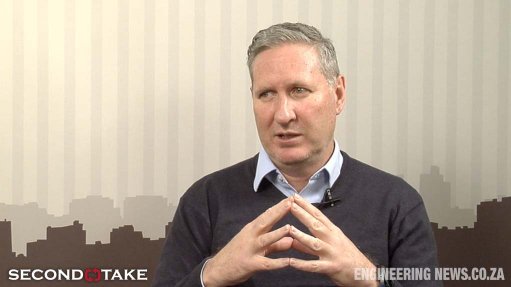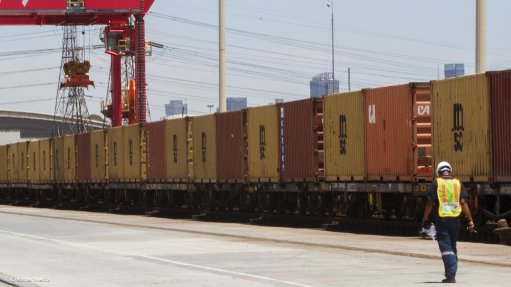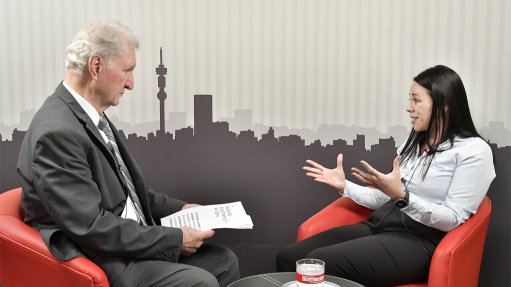Middle Eastern countries to add more renewables to their energy mix
Germany-headquartered multinational Siemens foresees countries in the Middle East increasing renewables’ share of their hydrocarbons-heavy energy mix by five percentage points in the coming decade.
In 2014, natural gas accounted for 61% of energy provision in the region, a figure that is forecast to increase to 64% by 2030. Renewables’ share is poised to increase 9% to 14% during the same period, with the share of other energy sources expected to decline from 30% five years ago to 21% in 2030, according to Siemens Middle East and United Arab Emirates (UAE) CEO Dietmar Siersdorfer.
During the next decade, the Middle East’s power generation capacity is expected to increase by 200 GW to 467 GW, owing to increasing demand in the region, where the 172-year-old company has had a presence for 160 years, initially in the telecommunications sector. Its involvement in the power sector can be traced to 1928, when it supplied the first hydropower plant to Fayoum, in Egypt. Currently, Siemens-supplied plant, mostly in the gas sector, accounts for 70% of power generation in Dubai and 45% in the whole of the UAE. The company is also active in the power sectors of the other countries in the region.
Speaking to a visiting international contingent of journalists at the Siemens Middle East headquarters at Masdar City, a massive sustainability-focused precinct in Abu Dhabi, Siersdorfer said the envisaged five-percentage-point increase in renewables’ contribution to the region’s energy mix was driven by a desire to decarbonise and ensure efficient energy generation and consumption.
Siemens is the Masdar City development’s strategic partner.
Of all the Gulf Cooperation Council (GCC) countries, the UAE has the highest decarbonisation and energy efficiency targets – it aims to reduce its power-generation-related carbon footprint by 70% by 2050 and to increase corporations’ and households’ energy consumption efficiency by 40% within the same timeline. Saudi Arabia aims for reductions of 8% and 14% in power consumption and peak demand respectively by 2021, while Qatar has set a consumption reduction target of 8% by 2022 and Oman aims to have reduced greenhouse-gas emissions by 2% by 2030. Kuwait targets a 15% improvement in power generation efficiency and a 30% reduction in power consumption by 2020, while Bahrain aims to reduce power consumption by 60% by 2025.
Siersdorfer noted that, despite their significant hydrocarbons endowment, which could last up to a century, assuming current production rates, GCC countries such as Saudi Arabia and the UAE were already diversifying for a post-oil world.
These targets would be attained through efficiency initiatives, fuel hybridisation and deep decarbonisation, which entailed a shift from hydrocarbons to energy sources such as large-scale solar photovoltaic – which Siersdorfer described as the Middle East’s most important future energy technology – as well as wind.
However, electrification was still a “basic challenge” in some of the countries in the region, such as Iraq, Lebanon and Libya, Siersdorfer said. In Iraq, an initiative was under way to add 11 GW to the grid to end power outages. Siersdorfer noted that Siemens was reinvesting all profits from the power infrastructure upgrades in Iraq, whose infrastructure was severely damaged in Western military attacks during the Saddam Hussein era.
Meanwhile, in a project that demonstrates how smart buildings can contribute to sustainability, Siemens has completed a digitalisation project at Dubai International Airport that has slashed the facility’s electricity consumption by 50 GWh, which translates into a 20% reduction in energy costs. The project will also lead to a 25 000 t reduction in carbon dioxide emissions and a decrease of 80-million litres in the amount of water consumed each year.
∙Martin Zhuwakinyu visited the UAE last month as a guest of Siemens.
Comments
Announcements
What's On
Subscribe to improve your user experience...
Option 1 (equivalent of R125 a month):
Receive a weekly copy of Creamer Media's Engineering News & Mining Weekly magazine
(print copy for those in South Africa and e-magazine for those outside of South Africa)
Receive daily email newsletters
Access to full search results
Access archive of magazine back copies
Access to Projects in Progress
Access to ONE Research Report of your choice in PDF format
Option 2 (equivalent of R375 a month):
All benefits from Option 1
PLUS
Access to Creamer Media's Research Channel Africa for ALL Research Reports, in PDF format, on various industrial and mining sectors
including Electricity; Water; Energy Transition; Hydrogen; Roads, Rail and Ports; Coal; Gold; Platinum; Battery Metals; etc.
Already a subscriber?
Forgotten your password?
Receive weekly copy of Creamer Media's Engineering News & Mining Weekly magazine (print copy for those in South Africa and e-magazine for those outside of South Africa)
➕
Recieve daily email newsletters
➕
Access to full search results
➕
Access archive of magazine back copies
➕
Access to Projects in Progress
➕
Access to ONE Research Report of your choice in PDF format
RESEARCH CHANNEL AFRICA
R4500 (equivalent of R375 a month)
SUBSCRIBEAll benefits from Option 1
➕
Access to Creamer Media's Research Channel Africa for ALL Research Reports on various industrial and mining sectors, in PDF format, including on:
Electricity
➕
Water
➕
Energy Transition
➕
Hydrogen
➕
Roads, Rail and Ports
➕
Coal
➕
Gold
➕
Platinum
➕
Battery Metals
➕
etc.
Receive all benefits from Option 1 or Option 2 delivered to numerous people at your company
➕
Multiple User names and Passwords for simultaneous log-ins
➕
Intranet integration access to all in your organisation






